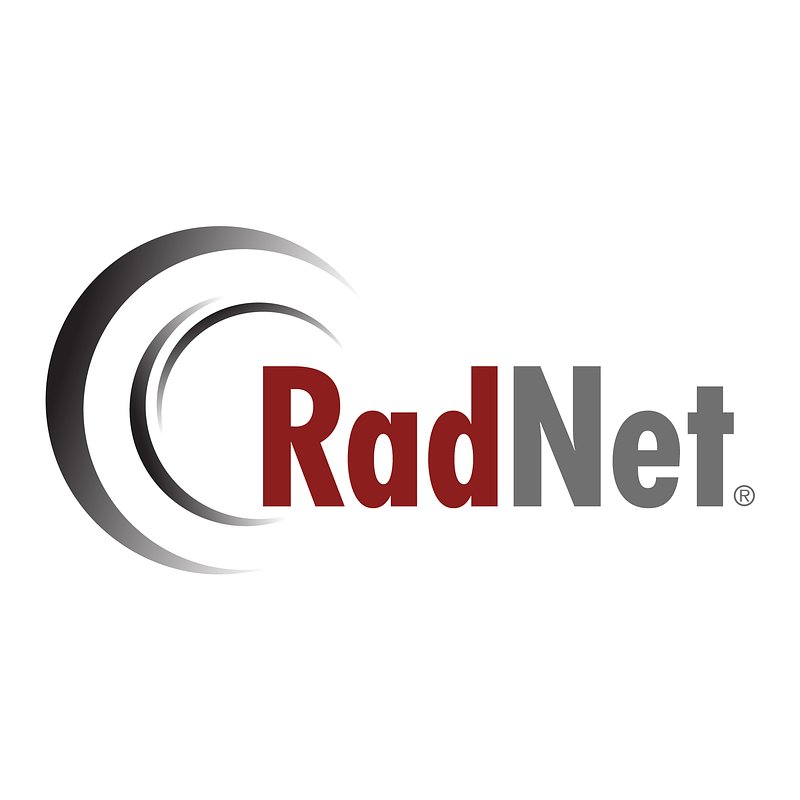
AI-Powered Imaging Partnership Aims to Expand Access, Accuracy in Diagnostics
GE HealthCare and RadNet’s DeepHealth deepen collaboration to bring AI-powered diagnostic tools – including remote ultrasound – to more patients worldwide, promising increased efficiency and improved cancer detection.
AI-Powered Imaging Partnership Aims to Expand Access, Accuracy in Diagnostics
By Stephanie Lewis
In a move poised to reshape the landscape of diagnostic imaging, GE HealthCare and RadNet’s DeepHealth have announced an expanded collaboration focused on deploying artificial intelligence (AI)-powered solutions globally. The partnership aims to increase access to advanced imaging, improve diagnostic accuracy, and enhance workflow efficiency for healthcare providers, with a particular focus on breast cancer screening and thyroid imaging. The collaboration also incorporates DeepHealth's recently FDA-cleared remote ultrasound technology, promising to extend specialist expertise to underserved areas.
Expanding Beyond Traditional Diagnostics
The deepened collaboration builds upon existing relationships between the two companies. RadNet acquired DeepHealth in 2020, recognizing the potential of machine learning to augment radiologist expertise. DeepHealth’s initial focus on 3D breast imaging – a particularly complex and high-volume area – proved successful, prompting further investment and expansion into other modalities. “The goal has always been to provide tools that empower radiologists, not replace them,” explained one industry source familiar with DeepHealth’s development. “AI can automate tedious tasks, highlight areas of concern, and ultimately, help doctors make more informed decisions.”
The expanded partnership now extends to worldwide distribution of existing and newly developed solutions, including remote ultrasound capabilities through DeepHealth's TechLive platform. This remote capability is particularly significant, addressing a critical need in rural and underserved communities where access to specialized imaging expertise is limited. By enabling remote scanning and expert consultation, TechLive has the potential to dramatically improve patient outcomes.
A Growing Market Fueled by AI Innovation
The move comes at a time of rapid growth in the AI-powered diagnostic imaging market. Projections vary, but most analysts agree the market is poised for significant expansion, with some estimates exceeding $19 billion by 2034. This growth is driven by several factors, including the increasing prevalence of chronic diseases, the growing demand for early detection and prevention, and the advancements in AI algorithms and machine learning techniques.
Competition in the space is fierce, with established healthcare technology giants like Siemens Healthineers and Philips vying for market share alongside specialized AI firms like Aidoc and Qure.ai. RadNet’s DeepHealth has strategically positioned itself as a key player, particularly in breast imaging, and has expanded its portfolio through acquisitions like Kheiron Medical Technologies and Aidence Holding B.V. and Quantib B.V. These acquisitions have allowed DeepHealth to broaden its AI capabilities and address a wider range of clinical needs.
Impact on Breast Cancer Screening & Beyond
The collaboration prioritizes enhancing breast cancer screening through advanced AI algorithms that analyze mammograms and other imaging data. AI can assist radiologists in detecting subtle anomalies that might be missed by the human eye, leading to earlier diagnosis and improved treatment outcomes. This is particularly important for breast cancer, where early detection is crucial for survival. “AI can act as a ‘second reader,’ helping to minimize false negatives and improve the accuracy of breast cancer screening,” stated another industry analyst. “This can ultimately save lives.”
Beyond breast cancer, the partnership also focuses on thyroid imaging, where AI can assist in identifying and characterizing thyroid nodules. The partnership aims to deliver solutions that reduce unnecessary biopsies and improve the management of thyroid disease.
Remote Ultrasound: Bridging the Access Gap
DeepHealth’s TechLive remote ultrasound technology is a key component of the expanded collaboration. “Remote ultrasound offers a unique opportunity to extend specialist expertise to remote areas and improve access to care for patients who might otherwise have to travel long distances to receive imaging services,” explained a healthcare provider familiar with the technology. “This can be particularly beneficial for patients in rural communities or those with limited mobility.”
The technology allows sonographers to conduct or assist with scans from a different location, enabling real-time collaboration between specialists and point-of-care providers. It is a significant advancement in telehealth and remote patient monitoring.
Challenges and Considerations
While the potential benefits of AI-powered diagnostic imaging are significant, there are also challenges and considerations that need to be addressed. These include ensuring data privacy and security, addressing algorithmic bias, and ensuring that AI algorithms are validated and regulated appropriately. “It’s important to remember that AI is a tool, and it’s only as good as the data it’s trained on,” warned one expert in AI ethics. “We need to be vigilant about addressing potential biases and ensuring that AI algorithms are fair and equitable.”
Another consideration is the need for ongoing training and education for healthcare professionals. “AI is rapidly evolving, and healthcare professionals need to stay up-to-date on the latest advancements,” said a healthcare educator. “It’s important to provide ongoing training and education to ensure that they are able to effectively use AI-powered tools.”
Looking Ahead
The expanded collaboration between GE HealthCare and RadNet’s DeepHealth represents a significant step forward in the evolution of diagnostic imaging. By combining the strengths of two leading companies, the partnership is poised to drive innovation, improve patient outcomes, and expand access to care. As AI technology continues to evolve, we can expect to see even more transformative changes in the field of diagnostic imaging in the years to come. The potential to revolutionize healthcare through earlier and more accurate diagnoses is becoming increasingly tangible. “The future of diagnostic imaging is undoubtedly AI-powered,” concluded one industry analyst. “And this partnership is a clear indication of that trend.”
